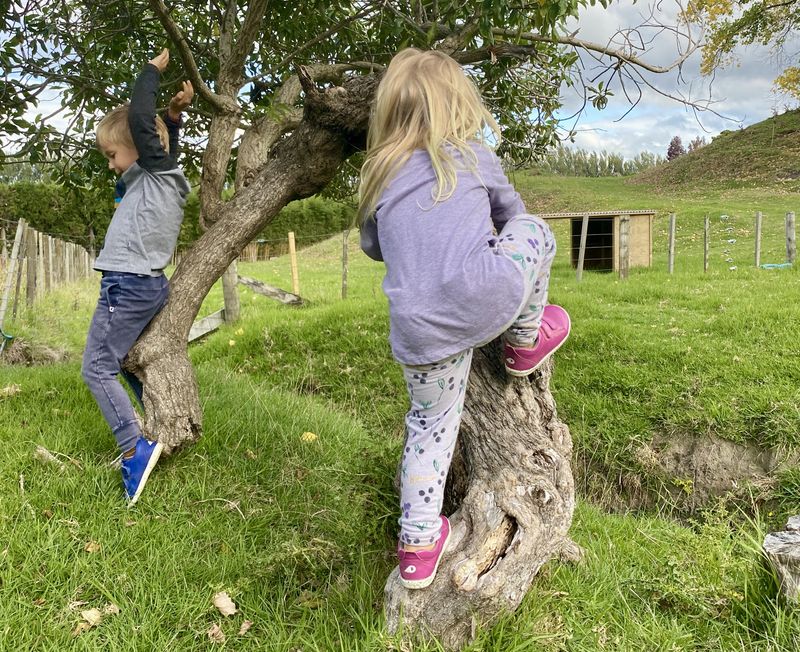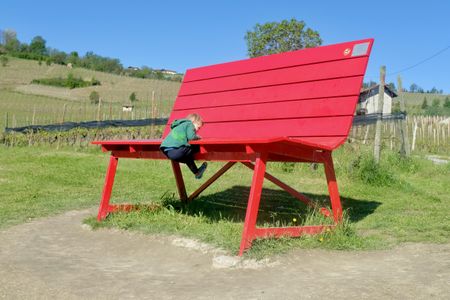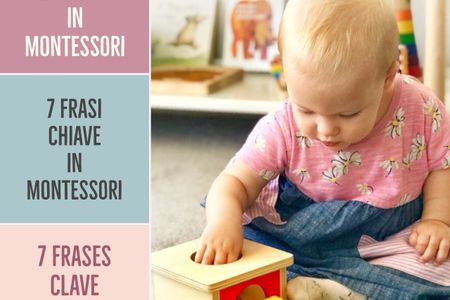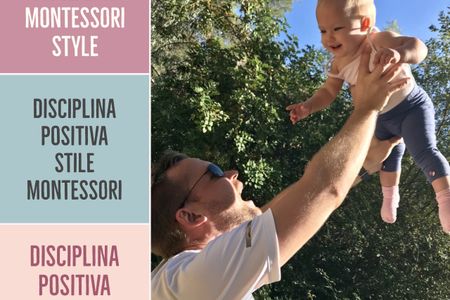Those "good job" that erode our children's confidence
We parents have a super power: with our words we create and model mental mechanisms, positive and negative ones, that our children will carry around forever. We turn self-esteem and self-confidence on or off.
There are two words in particular that we say way too often: "good job". These simple words actually weigh a lot: 1. They make kids dependent on our opinion/judgement, they soon start looking for it every time they do something; 2. They prevent kids from experiencing emotions just the way they feel them (each child manifests emotions differently: some are silent, but it doesn't mean they're not feeling pride or satisfaction inside); 3. They push kids to do things just to get a "good job" (their emotional prize) more than for the desire to do them.
Children don't need to hear the "good job" when they do something good: satisfaction comes from within, from being able to do something they wanted to do. Parents' opinion doesn't make them feel more proud, it only creates the need for it.
Alternatives to "good job"
What do I say if I don't say "good job"? It's actually very simple.
Let's imagine Emily has climbed a wall at the playground. Instead of "good job" I can say:
• "You did it!"
• "Are you happy?" (The focus is on what she feels, not what we feel!)
• "How does that make you feel?"
• Repeat what she says, I let her give me the words.
• Describe what you see (with this one you can never go wrong): "you climbed the wall", "you got to the top". When she draws something: "you drew a sun". When she builds something with Lego: "you built a truck".
• Smile and say nothing: our children don't need us (not anybody else) to judge their work, their success or their worth, satisfaction comes from within, from being able to succeed.
This is a tiny change that can make a huge difference in building our children's self-esteem and confidence 💕








